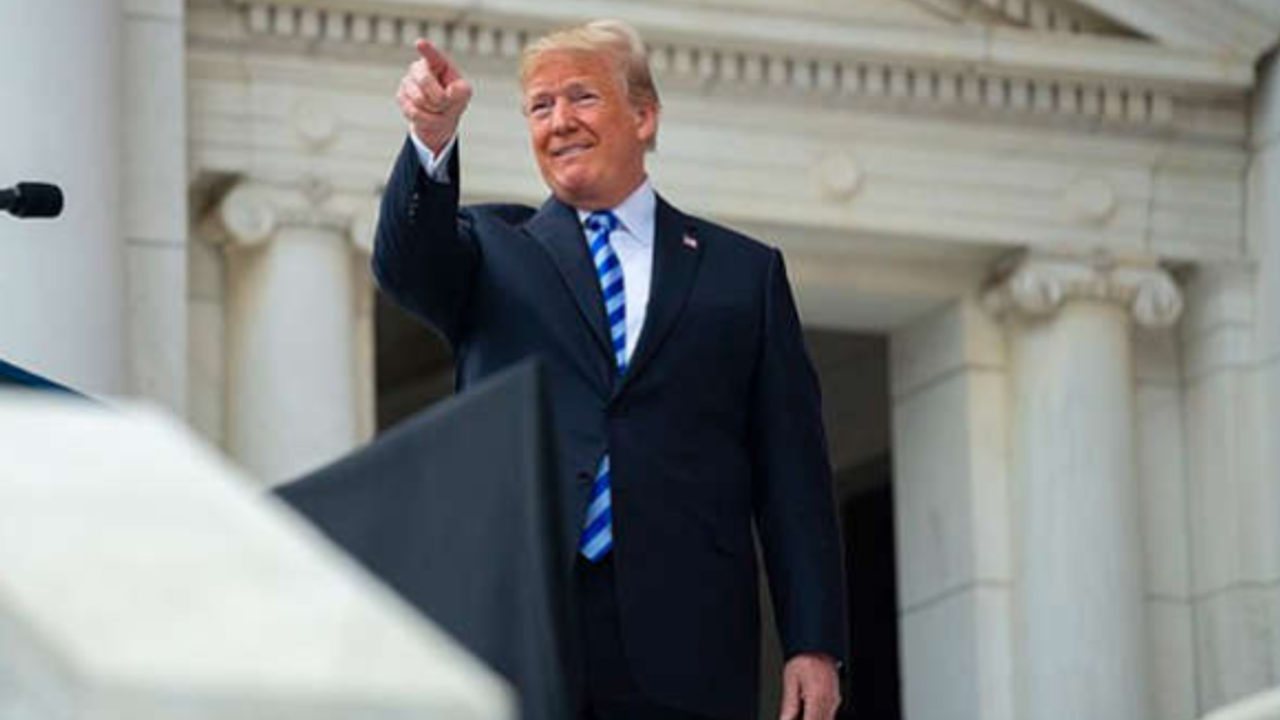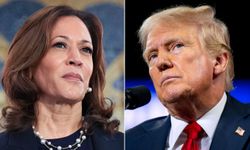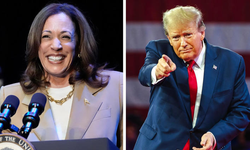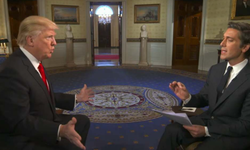This candid admission from the bench reflects the high stakes of Trump’s trial, where nearly every ruling is subject to intense scrutiny and could set precedents with far-reaching consequences. As Trump faces multiple legal battles related to his post-presidential actions, including his role in the January 6th Capitol insurrection, these trials are testing the limits of the American judicial system and its ability to hold a former president accountable.
A Potential Legal Minefield
Throughout the case, the judge has navigated a legal minefield, balancing constitutional protections with the need for accountability. The risk of appeal and potential reversal looms large, as Trump’s defense team has repeatedly signaled their intention to challenge unfavorable rulings. The defense has also questioned the impartiality of the legal proceedings, accusing the courts of bias and politically motivated actions.
For legal scholars, the judge’s warning serves as a sobering reminder of the complexities involved in prosecuting a former president. The judicial process, which must remain fair and unbiased, is under intense public pressure from both sides of the political aisle. Trump’s supporters view the trials as politically motivated attacks, while critics argue that holding him accountable is essential for upholding the rule of law.
The possibility of the case being overturned on appeal adds another layer of uncertainty. Should an appellate court find that procedural errors or constitutional violations occurred during the trial, it could lead to a retrial or the dismissal of charges. The judge’s concern about risking reversal highlights the legal tightrope being walked, where every decision could have profound implications for the future of American jurisprudence.
The Politics of the Courtroom
The political dimension of Trump’s trial cannot be ignored. The judge’s role is to remain impartial, but the highly charged political atmosphere surrounding the case has created an unprecedented situation. Trump’s attorneys have sought to portray the former president as a victim of political persecution, arguing that the charges are an extension of a broader effort to undermine his legacy and future political ambitions.
In contrast, the prosecution maintains that Trump’s actions, particularly related to the January 6th attack on the Capitol, warrant serious legal consequences. The stakes are extraordinarily high, as a conviction could carry severe penalties, including jail time, for the former president. For Trump, the outcome of these trials may not only affect his personal freedom but also his potential run for office in 2024.
As the judge weighs each motion, the pressure is immense. The legal teams are making moves that could influence public opinion as much as they affect the case. Every ruling is dissected by pundits and media outlets, further increasing the strain on the court to maintain an appearance of fairness and objectivity.
The Reversal Threat: Legal Precedent and Future Implications
The risk of reversal is not just a theoretical concern—it is a practical one with real consequences for the justice system. If the case were to be overturned, it would set a powerful precedent for how future cases involving high-profile political figures are handled. Legal experts are already speculating about how this trial will impact the broader landscape of presidential immunity, executive privilege, and accountability.
Appeals courts could scrutinize key rulings on evidence admissibility, witness testimony, and the constitutional rights of the defendant, potentially finding fault with decisions that, in the heat of the moment, may seem justified. The judge's candid statement underscores the weight of each decision, knowing that any perceived misstep could be grounds for an appellate reversal.
For Trump’s legal team, the possibility of overturning a conviction on appeal is a key part of their strategy. They are likely to seize upon any procedural irregularities or constitutional arguments, appealing all the way to the Supreme Court if necessary. This threat of reversal means that even if the former president is convicted, the case could drag on for years through the appeals process, prolonging the legal battle and deepening the political divisions in the country.
What Comes Next?
As the trial moves forward, all eyes will remain on the judge’s rulings. Each decision, no matter how minor it may seem, has the potential to alter the course of the case and its broader implications. The judge’s openness about the risk of reversal is a rare and candid acknowledgment of the immense pressure that comes with presiding over one of the most significant legal cases in recent American history.
The intersection of law and politics has never been more fraught, and this trial represents a defining moment for the American judicial system. Whether or not the case is ultimately reversed on appeal, the judge’s warning highlights the delicate balance of justice in a highly polarized nation. As Trump continues to command a significant following, the outcome of this trial will shape the future of American democracy and the rule of law for years to come.












